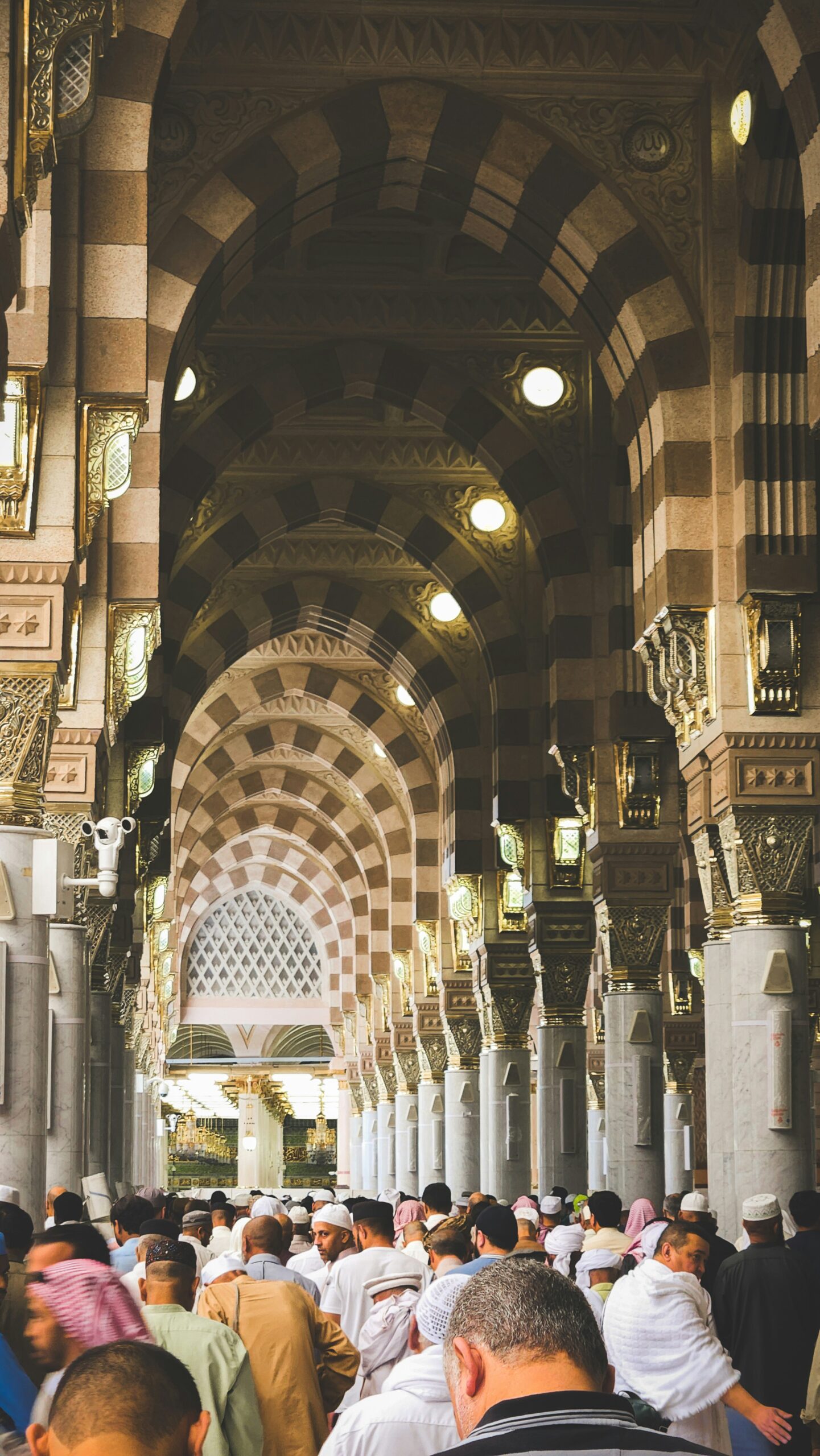Man Who Shaped Religious Tolerance: Saudi Arabia’s Grand Mufti Dies—Why It Matters.
Man Who Shaped Religious Tolerance: Saudi Arabia’s Grand Mufti Dies—Why It Matters.

Around the World.
The news as it trends.
Sheikh Abdulaziz bin Abdullah Al-Sheikh, Saudi Arabia’s Grand Mufti and top religious authority, has died at age 82.
His passing marks the end of a significant era in Islamic jurisprudence.
Serving as Grand Mufti since 1999, he played a central role in shaping religious policy across the kingdom and issued fatwas that influenced millions of Sunni Muslims worldwide.
Saudi Arabia, home to Islam’s holiest sites—Mecca and Medina—holds immense religious influence, making his position critical in guiding Islamic thought.
During his tenure, the country witnessed major reforms, including the lifting of bans on women driving and the reintroduction of cinemas.
Despite these changes, Al-Sheikh remained a staunch defender of Wahhabi doctrine.
Wahhabism emphasizes strict monotheism (tawhid), rejects practices such as saint veneration and shrine visitation, and calls for a literal interpretation of the Qur’an and Hadith.
It opposes religious innovations (bid‘ah) and promotes a return to early Islamic principles.
The theological and cultural opposite of Wahhabism would be more pluralistic or mystical interpretations of Islam, such as Sufism, which embraces spiritual practices, saint reverence, and symbolic rituals.
Al-Sheikh’s death leaves a vacuum in religious leadership and may signal further shifts in Saudi Arabia’s religious landscape under Crown Prince Mohammed bin Salman’s modernization efforts.
Yetunde B reports for Yeyetunde’s Blog.




















Leave a Reply